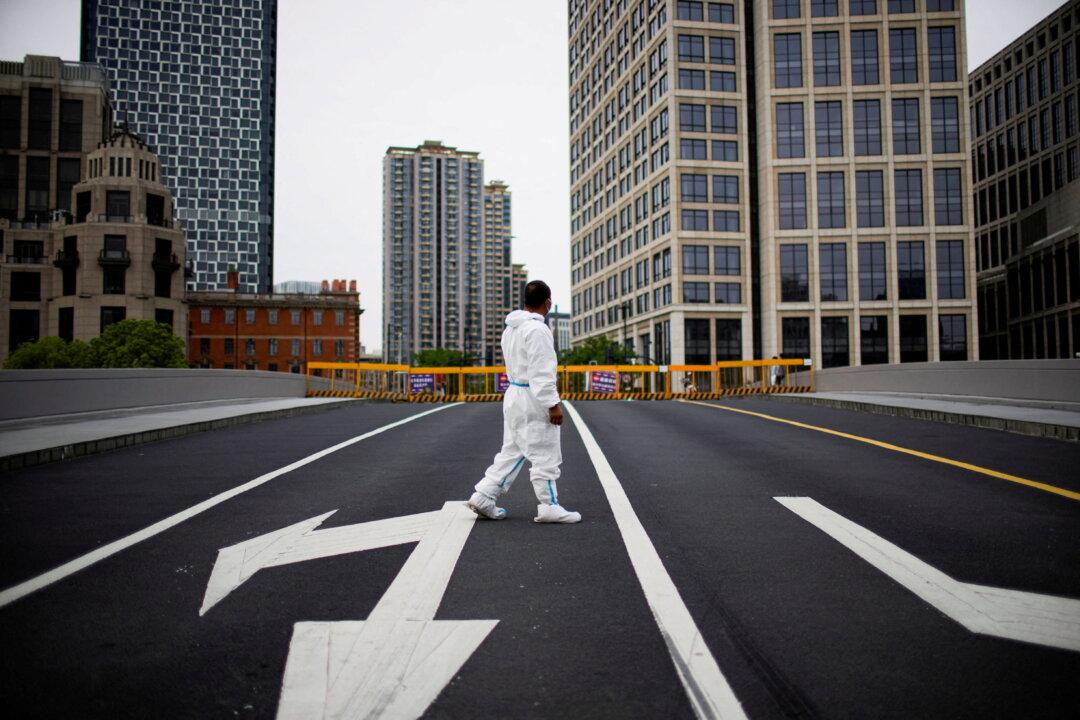A Chinese think tank openly challenged Beijing’s strict zero-COVID measures with an online post on Chinese social media WeChat and Weibo that warned the policy would cause an “economic stall.”
The Anbound Research Center said, “Preventing the risk of economic stall should be the priority task,” in a report titled, “It’s Time for China to Adjust Its Virus Control and Prevention Policies,” on Aug. 28.




